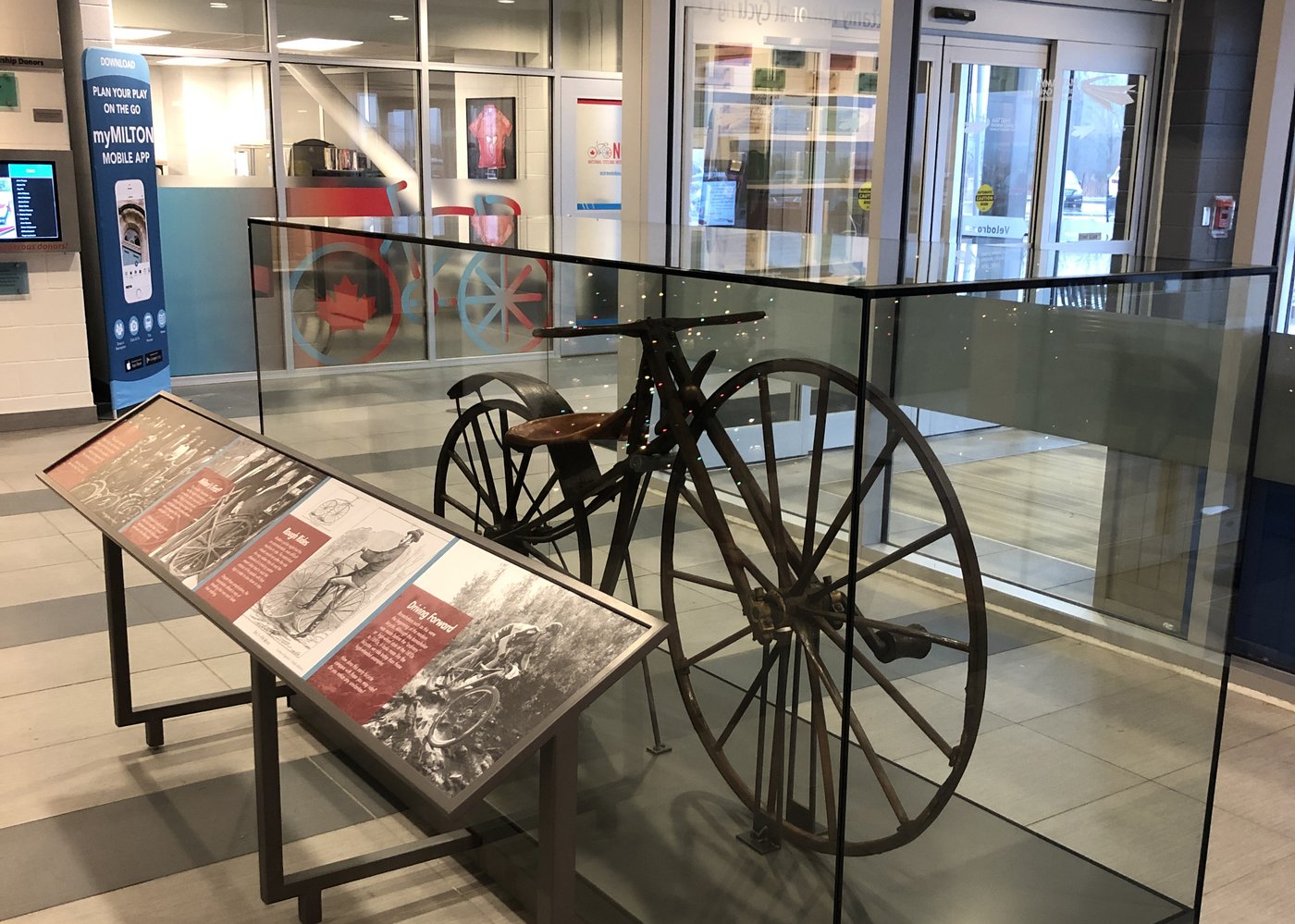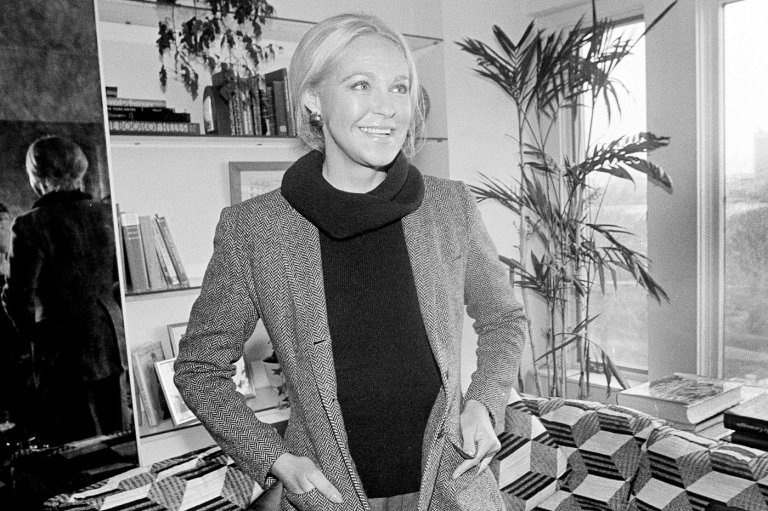
History at risk in Ontario’s Halton region as heritage service shutters: historians
TORONTO — Historians are warning that valuable artifacts in Ontario’s Golden Horseshoe could be lost after a recent decision by a regional council to shutter its heritage services and rehome nearly 35,000 artifacts.
On July 9, Halton Regional Council voted to “cease delivering heritage services” by the end of the year and to deaccession its collection that contains around 3,100 photos, 13,000 archival materials and 18,400 objects, including natural artifacts, Indigenous artifacts, farming equipment, artwork, furniture and clothing.
The decision marks a hard pivot from a five-year operational plan endorsed in 2021 that dedicated $8 million for a new museum facility that was never built. The items are currently held in an archive and former museum located in Milton, Ont.
Halton Region spokesperson Isabel Contin says the heritage service is shuttering because Bill 23 — a 2022 law passed by the Ontario government as part of its goal to build 1.5 million new homes by 2031 — resulted in “shifting land use planning responsibilities from the Region to the local municipalities. This includes heritage, but also economic development, agriculture, and forestry.”
Halton Region also encompasses the lakeside town of Oakville, Halton Hills and the city of Burlington.
The former Halton Region Museum, which closed to the public in 2016 and now serves as the Halton Region Heritage Services archive, will remain open until Jan. 1. Contin says the deaccessioning — which refers to the process of removing artifacts from a museum’s collection — will take place “well beyond that date.”
“There’s no hard deadline in place, and that’s intentional. We want to take the time needed to make thoughtful decisions and follow museum sector best practices to keep the items safe and reconnect these items with the public in a meaningful and respectful way,” Contin wrote in an email to The Canadian Press.
In a staff report to council, Halton Region said its preferred approach is to transfer the artifacts to a local institution in another municipality or region.
If it can’t find a suitable home, Contin says Halton will “ensure all items are safely stored while exploring options.” The municipality could put some items that don’t have a “clear connection” to Halton’s history up for auction, she said.
The staff report to council says there will be a “separate and distinct” process in partnership with Halton Region’s Indigenous relations team to rehome Indigenous artifacts.
Local historian John McDonald says Halton’s decision to deaccession its historical collection comes as a surprise, noting there was money set aside for a new heritage centre.
“It was certainly shocking to receive this news, and a surprise considering the richness of our heritage,” McDonald said in an interview.
McDonald is the author of the 2011 book “Halton’s Heritage: William Halton and Halton County,” a book about the life of William Halton, whom the Halton region was named after. McDonald said the book took him three and a half years to research, and he would frequent the Halton Heritage Services often.
“Without those documents, I wouldn’t have been able to (write) it completely and in as much detail,” he said.
“In the future, people like myself who do research are not going to have the same accessibility to those records,” he said, adding that any person or group that does a similar local history project will lose an important resource.
Alison Drummond, executive director of the Ontario Museum Association, says offering residents easily accessible information about the history of their community is important because it’s “really intrinsic to what museums do.”
“It creates a sense of community when people move to a new place and learn about the history of it via artifacts and exhibits,” Drummond said.
That’s especially important right now with amplified conversations about Canadian identity, she added.
U.S. President Donald Trump’s comments about annexing Canada and making it the 51st state and the tariff war have renewed conversations about what it means to be Canadian.
Drummond said preserving Canadian heritage — including provincial and local histories — is part of understanding this question.
“Halton is one of the fastest-growing communities in Canada. I think anybody coming into a new community, whether they’re coming in from outside Canada or just outside Halton, deserves the chance to know more about their place they’re in,” she said.
Michelle Hamilton, a history professor at Western University in London, Ont., says there was a lack of public consultation and that marks a breach of trust.
“In Canada, artifacts belong to the public, and museums hold them in trust for the public,” she said, adding she’s skeptical that the artifacts will be able to find another home.
“Anybody who understands the museum world in Ontario and Canada (understands that) all museums are already overburdened, understaffed, underfunded and don’t have capacity to take (more),” Hamilton said, adding that local museums also typically only take objects that are relevant to their areas.
“You’re taking away education for kids and seniors … I think that’s pretty terrible,” Hamilton said.
In a letter dated July 24, the Association of Canadian Archivists asked Halton’s council to reverse the decision, saying local museums and archives contain “one-of-a-kind documents and artifacts that chronicle the histories of the communities to which they belong.”
“These artifacts hold important significance, serving as an indispensable memory bank for the communities and researchers who depend on them. This collective memory plays a crucial role not only in preserving the personal histories of community members but also in ensuring the effective operation of local research,” the letter said.
This report by The Canadian Press was first published Aug. 1, 2025.
Join the Conversation!
Want to share your thoughts, add context, or connect with others in your community?
You must be logged in to post a comment.
















